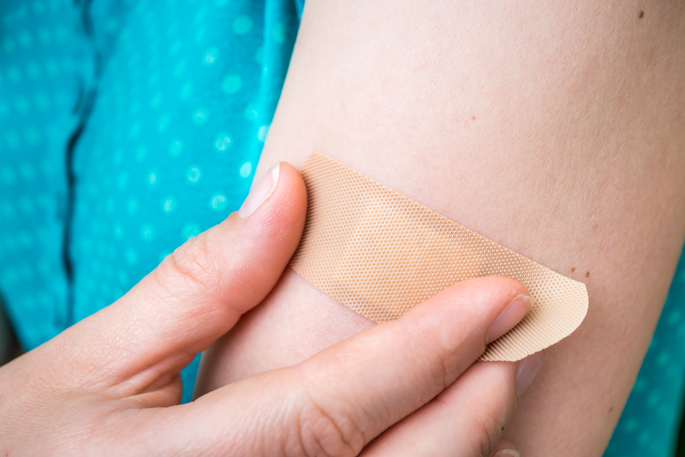Clean, cut and cover. That's the advice from Western Bay of Plenty Primary Health Organisation nurse practitioner Caroline Vanstone when it comes to looking after cuts and scrapes this summer.
'The general rule is clean, cover and check for signs of infection. Cut your nails to prevent scratching and breaking the skin, which can often introduce infection.”
She also recommends ensuring your tetanus vaccination is up to date if a cut or scrape occurs when there may be dirt present.
'Even a scratch on a rose bush while gardening exposes you to dirt which is where the tetanus bacteria lives.”
GPs and other health professionals in the region see a lot of people seeking help for skin infections throughout the year, and particularly in summer when people are exposing more of their skin to the elements.
'Signs of infection in a cut or sore include redness and pain, and they may start to weep,” says Caroline.
If left untreated, skin infections can lead to more serious conditions such as cellulitis which may require antibiotic treatment.
Insect bites, jellyfish stings and encounters with the notorious ‘Mount Mauler' on our local beaches also contribute to summer skin problems.
Caroline suggests vinegar can be used to relieve stinging and itching from some jellyfish stings if nothing else is close to hand, otherwise there is a range of creams and anti-histamines that can be found at your local pharmacy.
Caroline says the best way to ensure healthy skin this summer is to boost your immune system by keeping well with a healthy diet, including eating plenty of fresh fruit and vegetables, drinking water to keep hydrated, and keeping active.
If you think you might have a skin infection contact your GP or the WBOP PHO Health and Wellness Services on 07 571 2100.



0 comments
Leave a Comment
You must be logged in to make a comment.